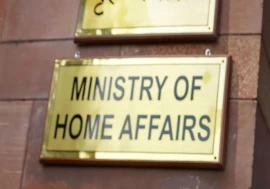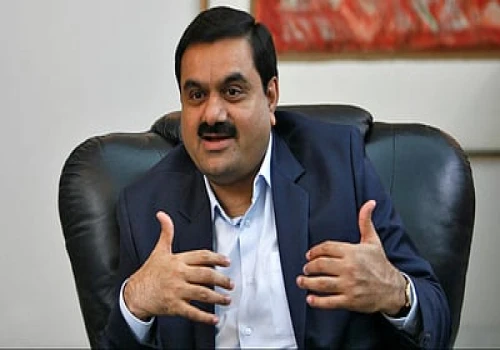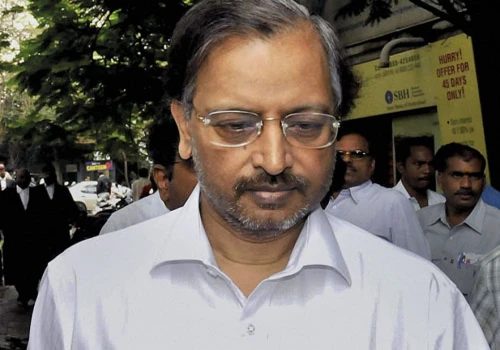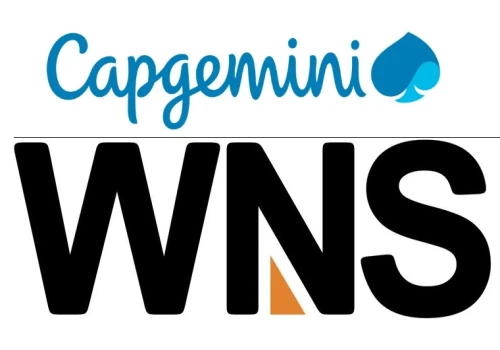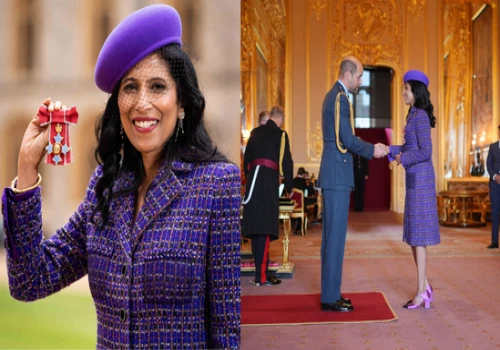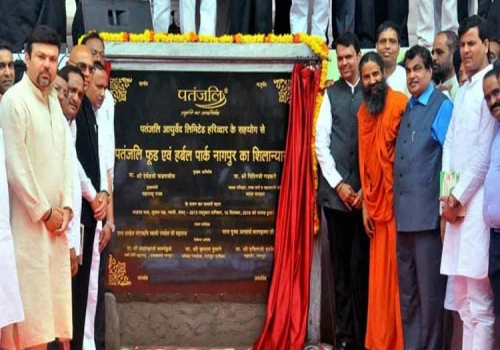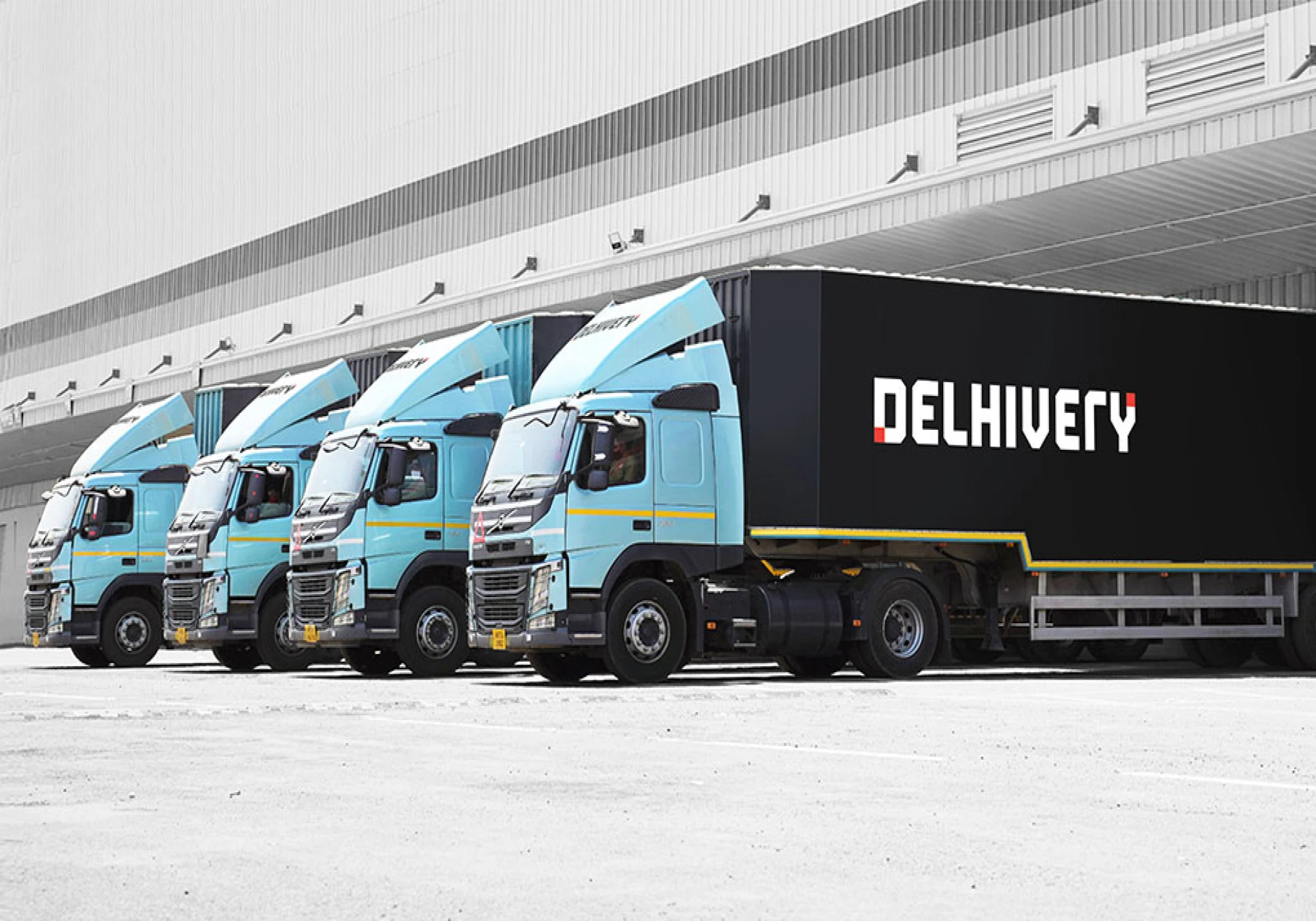
The Indian e-commerce landscape is undergoing a rapid transformation with the rise of quick commerce platforms. These services promise hyper-local deliveries, often within minutes, catering to a growing consumer demand for instant gratification.
While established players like Zepto, Blinkit (formerly Grofers), and Swiggy Instamart have been leading the charge, the scene is set for a shakeup with the potential entry of e-commerce giants Flipkart and Amazon.
Emerging Sub-segment: Two-Hour to Four-Hour Deliveries
Delhivery CEO Sahil Barua predicts a potential sub-segment within quick commerce focusing on deliveries within a two- to four-hour window. This could cater to products where instant gratification isn't paramount but faster delivery times compared to traditional e-commerce options are still desirable. This space could see established e-commerce players like Flipkart and Amazon leverage their existing infrastructure to gain a competitive edge.
Quick Commerce Expands Beyond Groceries
Traditionally focused on groceries and essentials, quick commerce platforms are strategically broadening their horizons. They are now venturing into categories like fashion, electronics, home appliances, and even movie merchandise, as evidenced by Swiggy Instamart's recent offering. This trend indicates a potential threat to the dominance of traditional e-commerce players in these sectors.
Innovation and Collaboration
The quick commerce industry is brimming with innovation. Zomato's Blinkit, for example, is aiming to establish 1,000 warehouses by the end of the fiscal year, showcasing an aggressive expansion strategy. Collaborations like those witnessed during Akshaya Tritiya, where platforms offered swift delivery of gold and silver coins, further highlight the industry's adaptability and customer-centric approach.
Established Players Take Notice
The success of quick commerce platforms hasn't gone unnoticed by established players. Zomato's doubling down on Blinkit, with a target of exceeding its core food delivery business in size within a year, exemplifies this. Flipkart's planned foray into quick commerce in July further underscores the growing interest in this segment.
A Reshaped Retail Landscape
Experts like Avenue Supermarts CEO Neville Noronha acknowledge the transformative potential of quick commerce. He views it as a "significantly smarter" format compared to traditional digital platforms, particularly suited to the Indian market. This disruption could lead to a retail landscape characterized by a thriving quick commerce sector alongside a resurgence of physical stores offering unique customer experiences.
The Future of Quick Commerce
The Indian quick commerce market is poised for exciting growth. With established e-commerce players entering the arena, competition is bound to intensify. This will likely lead to a wider product selection, faster delivery times, and potentially more competitive pricing for consumers. The strategic expansion into new categories and the focus on innovation will be crucial factors in determining which platforms emerge victorious in this dynamic space.


